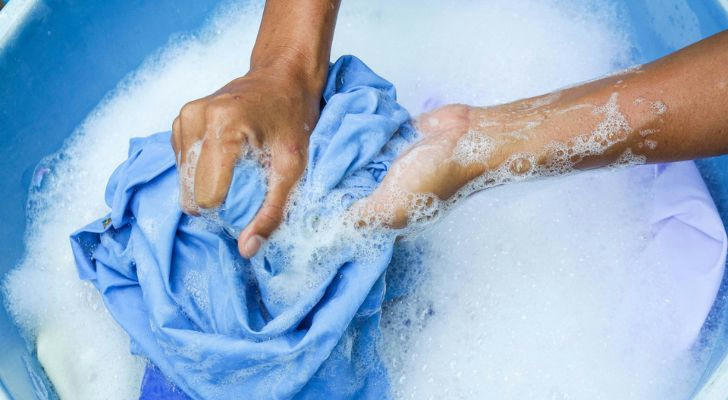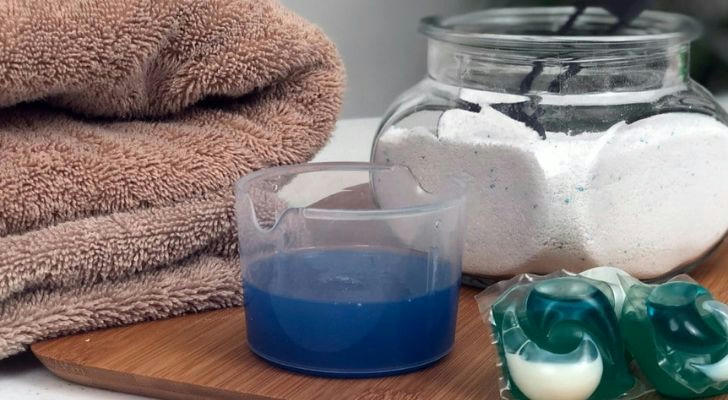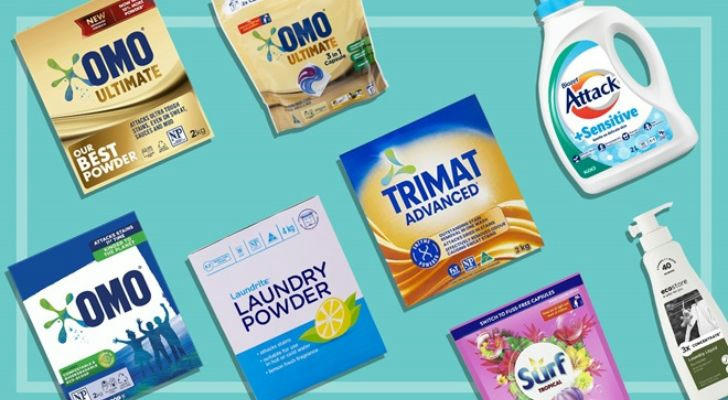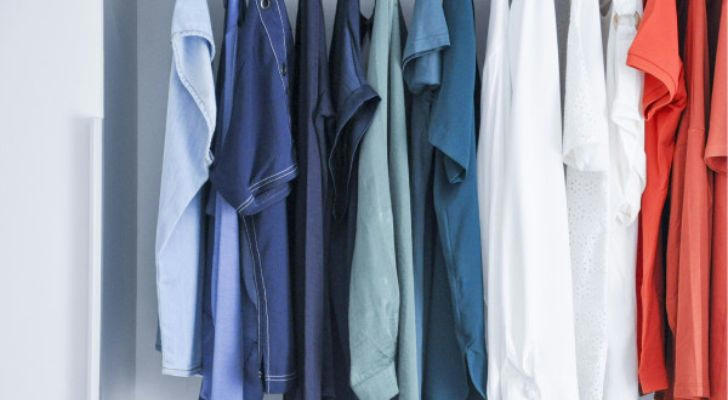The Shocking Truth About Laundry Detergent: What’s Really in Your Wash?

The Hidden Dangers Lurking in Your Laundry Room
Imagine this: a fresh load of laundry, warm from the dryer, smelling of crisp linen and morning breeze. But beneath the pleasant scent, a cocktail of chemicals clings to every fiber. Studies reveal that over 65% of conventional detergents contain skin irritants and hormone disruptors—yet most consumers remain unaware.
What’s Really in That Bottle? 🚨

Common Ingredients That May Surprise You:
- Optical Brighteners – Trick the eye into seeing “whiter” clothes but leave behind chemical residues.
- Phosphates – Make detergents more effective but destroy marine ecosystems.
- Synthetic Fragrances – A single “fresh scent” may contain over 100 undisclosed chemicals.
- SLS & SLES (Sodium Lauryl/Laureth Sulfate) – Cause skin irritation and disrupt natural oil balance.
A 2024 study found that 32% of people using mainstream detergents experienced mild to severe skin reactions. Could yours be one of them?
The Truth About “Sensitive Skin” Detergents
Many detergents labeled “dermatologist-approved” still contain preservatives linked to allergic reactions. For example:
| Ingredient | Risk |
|---|---|
| Methylisothiazolinone | Contact dermatitis, eczema flare-ups |
| Benzisothiazolinone | Eye and skin irritant |
| Formaldehyde releasers | Possible carcinogen |
For genuinely safer options, look for certifications like ECOLOGO or Safer Choice.
The Rise of Eco-Friendly Laundry Alternatives 🌿

More people are turning to plant-based detergents and DIY solutions:
Top Alternatives:
- Soap Nuts – Naturally release saponins for gentle yet effective cleaning.
- Baking Soda & Vinegar – Powerful stain removers and fabric softeners.
- Castile Soap – A chemical-free way to keep clothes fresh.
Switching to biodegradable options reduces chemical exposure by 90% and minimizes environmental impact.
Can You Really Save Money on Laundry Detergent? 💰
Yes! Here’s How:
- Use Less – Most detergents are over-concentrated. Cutting usage in half still cleans effectively.
- Cold Water Wash – Saves energy and prevents ingredient breakdown that can harm fabrics.
- DIY Detergents – Cost a fraction of commercial brands while reducing chemical load.
A family washing four loads a week could save over $150 annually by switching to concentrated or homemade alternatives.
When Laundry Detergent Becomes a Health Risk ⚠️

Signs of a potential reaction include:
- Skin rashes, itching, or redness
- Sneezing or asthma flare-ups after handling clothes
- Unexplained headaches from strong scents
If symptoms persist, switching to a hypoallergenic detergent or a fragrance-free formula can make a huge difference.
The Future of Laundry: Smarter, Safer, Greener 🌍
Brands are innovating with enzyme-based detergents, refillable packaging, and zero-waste solutions. The industry is shifting—but consumers play a key role.
Every small change leads to a cleaner home and a healthier planet.
Final Thoughts 🏡
Understanding what goes into every wash cycle empowers better choices. Whether it’s cutting down on harsh chemicals, exploring eco-friendly options, or simply using less product, the path to safer laundry is within reach.
Are you ready to rethink your detergent? 🚀
